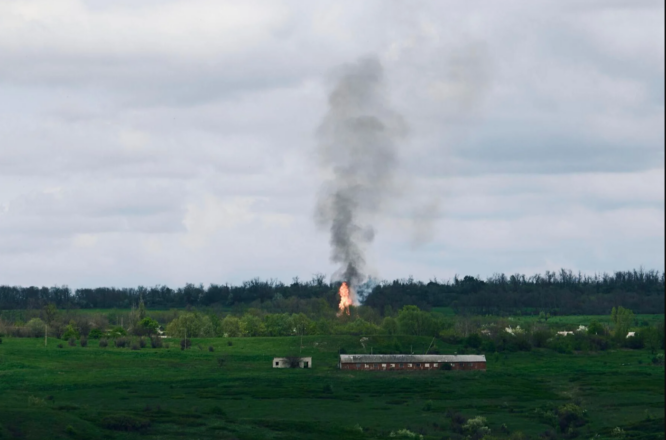Inflation in the United Kingdom rose for the first time in four months in February, as rising food and energy costs impacted people already struggling with the cost of living problem.
The consumer price index rose from 10.1% in January to 10.4% in February, according to the Office of National Statistics on Wednesday. The numbers startled economists who had predicted that inflation would decline to 9.9%.
The statistics raised pressure on the Bank of England to approve an eleventh straight interest rate hike when it meets on Thursday, despite concerns about the economic impact of global financial stress. Several experts now anticipate that the central bank will raise its benchmark interest rate by at least a quarter percentage point.
Inflation rate has surged to an unexpected
Kitty Ussher, chief economist of the Institute of Directors, a business group, stated: “In recent days, some have indicated that the tumultuous state of the banking industry should give central banks pause before hiking interest rates further.” “Today’s numbers indicate that the Bank of England still has work to do,”
Policymakers at the Bank of England battled to limit the effects from Russia’s war in Ukraine, which drove up food and energy prices. These pressures have led to larger price rises and salary increases demands.
The inflation report highlights the pressures faced by British consumers, who spent the winter with one eye on their thermostats and the other on the steady increase in prices for staples such as milk, eggs, and vegetables, as the nation’s cost-of-living crisis precipitated the greatest decline in living standards since the 1950s.
George Dibb of the Institute for Public Policy Research, a progressive think tank, stated, “February’s unexpected surge in inflation will add to the anxieties of people whose budgets are already strained to their limits.” Due to the fact that staples such as food, beverages, and clothes are among the largest contributors to rising prices, the majority of households will discover that their paychecks do not go as far.
In the 12 months leading up to February, food prices increased by 18%, compared to 16.7% the previous month.
Even with government subsidies aimed to cushion customers from the rise in global energy costs, the average annual electricity and natural gas bill for a household increased by 27% last year.
Analysts anticipate a dramatic deceleration in inflation later this year, as recent drops in wholesale energy costs trickle down to consumers and last year’s large price rises are removed from calculations.
The Bank of England anticipates that inflation will decline to 2.9% by the end of the year.
But, Jeremy Hunt, the head of the British Treasury, cautioned that more action is required to prevent additional price hikes.
“A decline in inflation is not inevitable, therefore we must adhere to our strategy,” he added.



